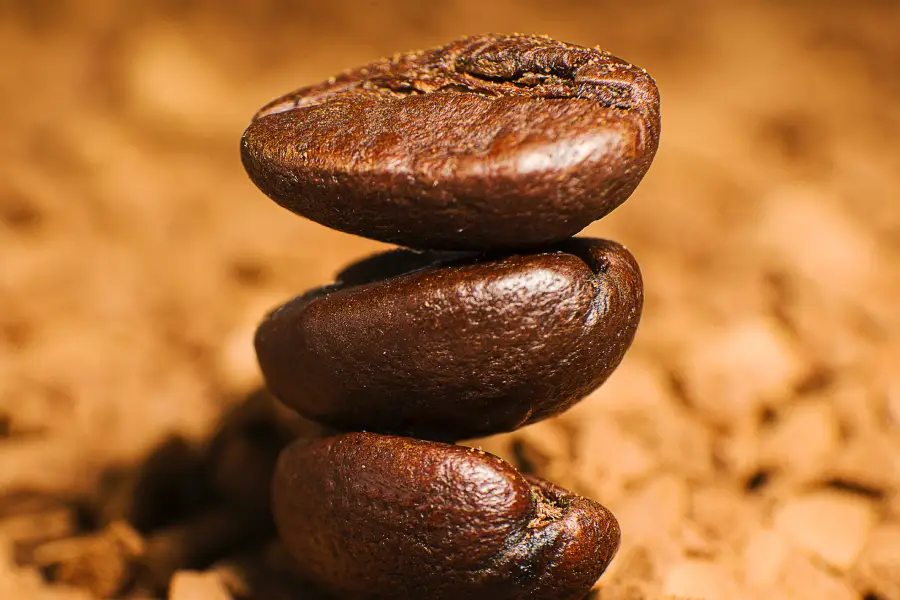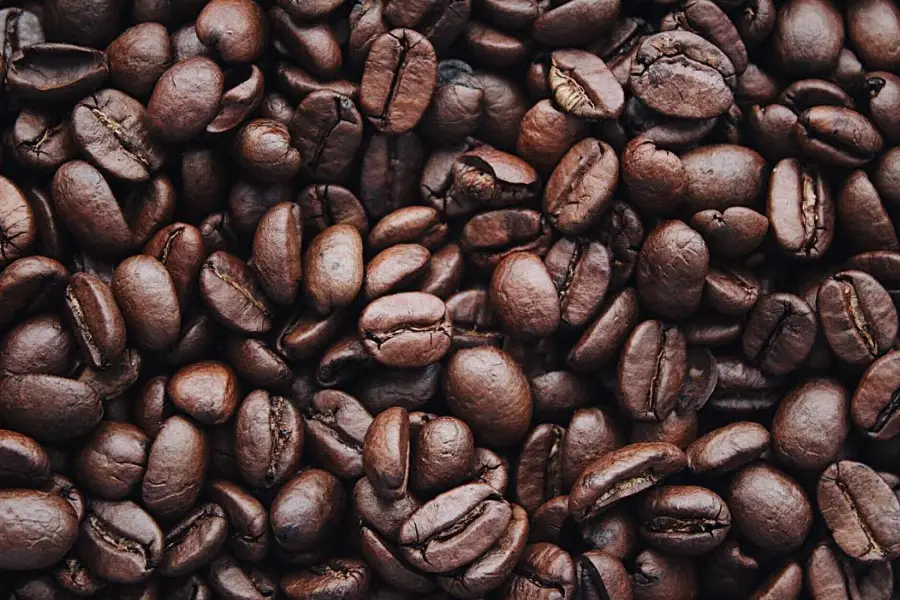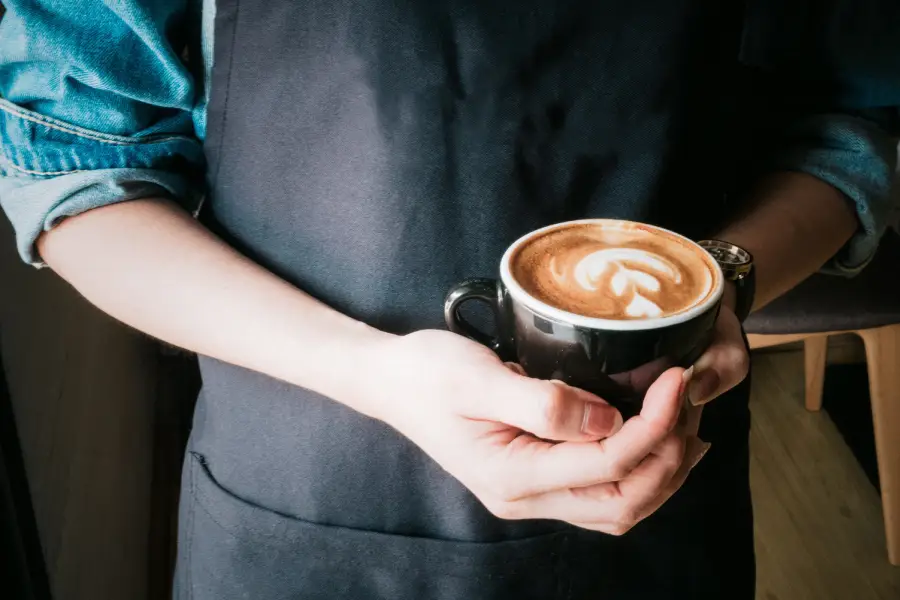
Does Coffee Make Cramps Worse? The Coffee Dilemma
Does Coffee Make Cramps Worse? For many women, menstrual cramps are an unfortunate reality. Also known as dysmenorrhea, cramping during your period is often accompanied by lower abdominal pain ranging from mild to severe. With an estimated 50-90% of menstruating women experiencing cramping to some degree, it’s no wonder women have searched far and wide for natural remedies and relief.
One common question that often pops up is: does coffee worsen cramps? With caffeinated drinks like coffee, tea, and soda staples of many morning routines, could our favorite pick-me-ups contribute to increased cramping? Let’s look at the potential connection between caffeine consumption and painful periods.
Contents
Examining the Relationship Between Caffeine and Cramping
Regarding menstruation, the uterus contracts to help shed the uterine lining. With dysmenorrhea, these contractions become more painful and severe, resulting in the cramps so many know all too well. Now, what does caffeine have to do with all this?
Caffeine is a naturally occurring substance in over 60 different plants, including beans, leaves, and fruits. It acts as a central nervous system stimulant that can boost energy and alertness by blocking adenosine receptors in the brain. However, it also causes a ripple effect of changes in the body.
Consuming caffeine causes an increase in cortisol, one of the body’s primary stress hormones. The release of adrenaline, also known as the “fight or flight” hormone, is triggered by this event. Both cortisol and adrenaline can increase inflammation. For some people, this increased inflammatory response could worsen menstrual cramps and related pain.
Caffeine also causes muscles to contract and constrict blood vessels. For those prone to severe cramping, this can potentially increase the force and duration of the uterus contractions that contribute to discomfort in the first place.
However, the relationship between caffeine and cramps isn’t straightforward for all women. Research on the impact of coffee on dysmenorrhea has produced mixed results.
What the Research Says: The Conflicting Evidence
Over the years, several studies have aimed to clarify how caffeine influences menstrual cramping:
- In 1989, researchers found that caffeine restriction helped reduce pain, and coffee consumption significantly increased menstrual distress for dysmenorrheic women in a small trial.
- A 2002 study found that caffeine withdrawal helped reduce menstrual pain and cramps. Women who consumed high caffeine had more painful periods than those who consumed less.
- However, a 2010 Brazilian study found coffee consumption did not impact cramping or analgesic needs for teenage girls with dysmenorrhea.
- A 2019 literature review concluded caffeine does not significantly impact menstrual cramping and pain.
So, the research still needs to be more conclusive and contradictory. Some studies have indicated caffeine worsens cramps, while others found no relationship between coffee and cramping. There are a few reasons research has produced such mixed results:
- Self-reported data is often used in many studies, but it may only sometimes be reliable due to its potential inconsistency.
- Cramping severity varies significantly among individual women.
- Researchers use differing criteria for caffeine consumption amounts and dependency.
- Additional lifestyle, dietary, and health factors come into play.
More research is needed to understand caffeine’s relationship with dysmenorrhea fully. But many women nonetheless choose to err on the side of caution regarding coffee and painful periods.

Does Coffee Make Cramps Worse?
While the link isn’t definitive, there are some compelling reasons why coffee could exacerbate cramping for certain menstruating women:
Caffeine’s Stimulating Effects
Caffeine is undoubtedly a stimulant, so this can worsen cramps and discomfort for some. The excitatory effects of coffee may work with prostaglandins and other hormones already causing uterine contractions and spasms during menses.
Withdrawal and Tolerance
If someone has a pronounced caffeine tolerance or dependency, suddenly stopping coffee consumption could also trigger withdrawal and worsened cramps.
Dehydration and Diuretic Effects
Caffeine acts as a diuretic, meaning it increases urine output. For women already experiencing menstrual fluid loss, this can contribute to dehydration and electrolyte imbalances that may increase cramping.
Interaction with Medications
Caffeine can reduce the efficacy and absorption of popular OTC pain relievers like ibuprofen and acetaminophen that many women use to treat menstrual symptoms.
Exacerbation of Underlying Conditions
Some gynecological conditions like endometriosis and uterine fibroids can worsen menstrual cramps. If caffeine increases pelvic inflammation, it could further exacerbate these issues.
The idea that coffee exacerbates cramps is biologically plausible. At the very least, it seems logical that caffeine’s stimulant properties could amplify pain for those already cramping severely.
Learn more: What Foods Make Period Cramps Better.
Tips for Managing Coffee Intake and Cramping
If you find that your usual cup (or cups) of joe seems to ramp up your monthly misery, don’t panic. Making a few adjustments to your caffeine habits could help provide some cramp relief:
- Cut back gradually. Stopping coffee consumption cold turkey could backfire by causing withdrawal headaches and fatigue on top of cramps. Decrease your intake progressively over a week or two.
- Switch to decaf. Decaffeinated coffee eliminates the stimulating effects while still providing the ritual of sipping a warm morning mug.
- Limit caffeine before and during your period. Caffeine sensitivity seems highest around menstruation for some women.
- Increase hydration. Hydrate well by drinking plenty of water, herbal tea, broths, and electrolyte sources like coconut water.
- Choose alternatives. Swap out coffee for less-irritating warm beverages like chamomile or peppermint herbal tea.
- Take note of individual triggers. Track your diet and lifestyle factors each month to pinpoint what foods or habits worsen your cramps.
- See your gynecologist if needed. Extremely severe menstrual cramps may require further evaluation and treatment from your healthcare provider.
Getting cramps under better control may require patience and trial-and-error with tweaking your caffeine consumption. But with a gradual, strategic approach, you can find the right balance to minimize monthly misery.
Other Tips for Easing Menstrual Cramping
Beyond assessing coffee and caffeine, there are numerous other ways women can seek cramp relief without resorting to popping buckets of pain pills:
Over-the-Counter Medications
Anti-inflammatories like ibuprofen (Advil, Motrin) and naproxen (Aleve) can help relax the uterine muscle contractions contributing to cramps. Acetaminophen (Tylenol) also eases aches and pains.
Heating Pads and Warm Compresses
Soothing warmth can relax pelvic muscles and increase blood flow to ease cramping and discomfort. Use a heating pad, hot water bottle, or warm towel compress on the lower abdomen and back.
Massage
Massaging the lower abdomen, lower back, and hips can enhance blood circulation while providing gentle pressure to alleviate cramping sensations.
Exercise and Stretching
Light exercises like yoga, stretching, and walking can stimulate feel-good endorphins while working out muscle tension. Just avoid intense workouts that could worsen fatigue and inflammation.
Herbal Remedies
Herbs like chamomile, ginger, and fennel have anti-inflammatory and antispasmodic properties that may help relax cramping. Consider teas, supplements, or essential oil options.
Dietary Changes
Foods rich in vitamins and minerals like magnesium, calcium, and omega-3s can ease cramps for some. Avoiding inflammatory triggers like sugar, caffeine, alcohol, and salty snacks may also help.
Alternative Therapies
Options like acupuncture, massage, transcutaneous electrical nerve stimulation (TENS), and heating pads could relieve pain spasms.
Prescription Medications
For severe cases unresponsive to other measures, oral contraceptives or muscle relaxers may be options to prevent painful periods.
While giving up coffee may seem complicated, focusing on overall health can better equip your body to handle discomfort. Be patient in finding the coping strategies for your unique menstrual needs.

The Takeaway: Pay Attention to Individual Effects
So, does coffee make cramps worse? The answer seems to be – it depends. Overall, moderate caffeine consumption likely minimizes dysmenorrhea for most women. But for others prone to severe PMS or period woes, the stimulant effects of coffee could plausibly worsen cramping and pelvic pain.
Ultimately, it comes down to tracking your own experience month-to-month. Notice when cramps seem most intense and whether caffeine appears to amplify your discomfort. If limiting coffee provides relief, stick with what works best for your body. But rest assured, an occasional cup isn’t likely to exacerbate extensive agony for the average menstruator.
Give your body what it needs around your period by staying hydrated, reducing inflammation, and finding natural pain relief tailored to your symptoms. While decreasing coffee could be one piece of the puzzle, focus on identifying lifestyle factors under your control that could improve your menstrual experience. With some self-care and experimentation, you can pinpoint the premenstrual habits that lead to your happiest, healthiest, cramp-free cycles.